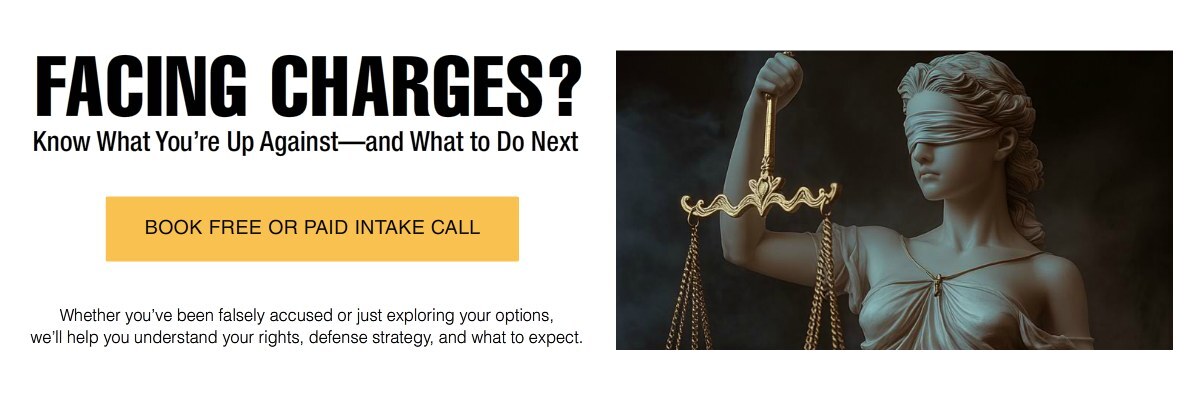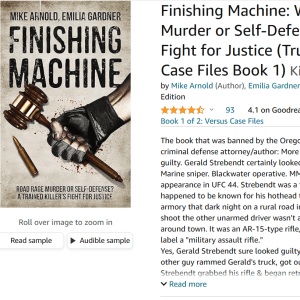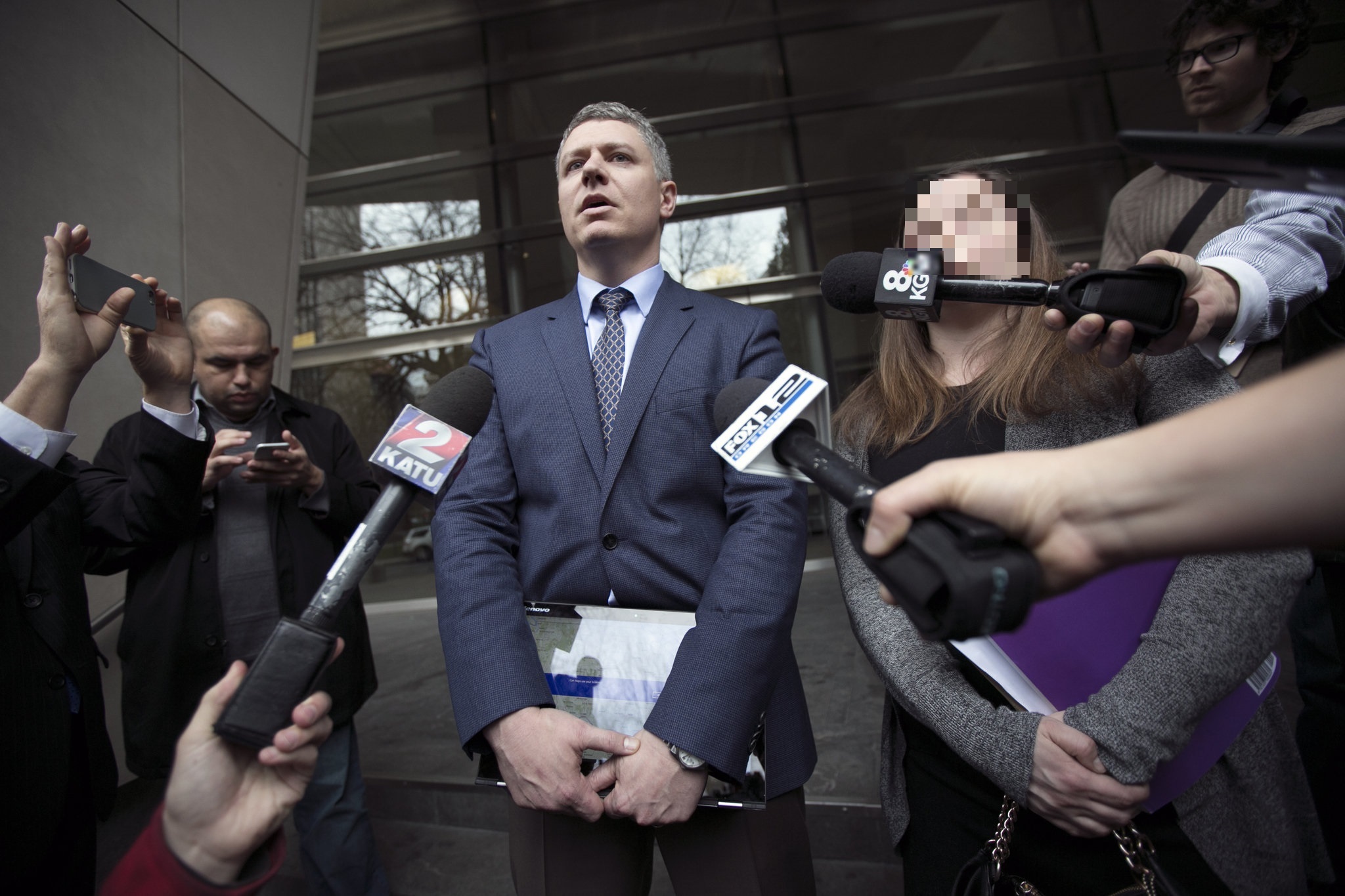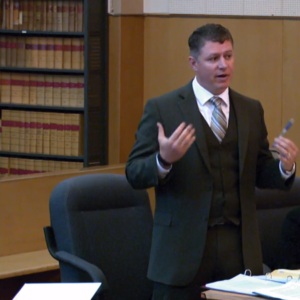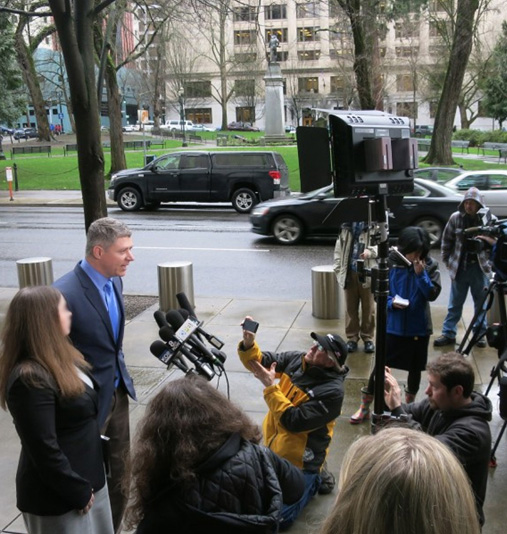The Power of One Juror
Sep 23, 2025 Legal Theory and Philosophy
Two Words That Can Stop the State
Most of us will never have the chance to halt a government in its tracks. No podium. No protest. No press. But if you sit on a jury, you hold something more powerful than any of that: a vote. And if you’re in a criminal trial, your single vote—your quiet, internal “no”—can bring the full momentum of the state to a dead stop.
One juror. One holdout. One person unwilling to convict without proof beyond a reasonable doubt. That’s not theoretical. That’s how the system is designed to work.
In this blog, we’ll explore:
- Why a single juror can stop the entire prosecution
- Why “Not Guilty” is an act of resistance—not compromise
- How jury duty gives ordinary people rare, real civic power
- What it really means to uphold the presumption of innocence under pressure
The government walks into court with overwhelming resources—law enforcement, prosecutors, experts, lab techs. The defendant? They walk in with a lawyer, maybe two, and the weight of a presumption that doesn’t come naturally to most people. But despite that imbalance, the law throws in one radical safeguard: unanimity. The state doesn’t win unless it convinces everyone. That means one juror—just one—can hold the line.
Being that juror is harder than it sounds. It means standing up to eleven other people in a closed room. It means holding your ground when the pressure’s on to move past it, wrap it up, “get real.” But the law doesn’t say “pretty sure.” It doesn’t say “close enough.” It says: beyond a reasonable doubt. And if you don’t feel that in your bones? The answer is “Not guilty.” That’s not obstruction. That’s courage.
Some people might think jury duty is boring. An inconvenience. But it might be the only time in your life where the system puts real moral weight in your hands. Where you get to stand between the accused and the power of the government. And your decision doesn’t just matter—it defines the outcome. No hashtags. No speeches. Just two words. Not guilty.
That’s the power of a single juror. When you’re in that courtroom, it’s not about convincing everyone else. It’s about being convinced yourself. If the state didn’t prove it, you don’t convict. If the evidence fails to convince, that is not a failure of justice. The verdict given as a result is justice.
So when people talk about civic responsibility, don’t just think about voting or volunteering. Think about the courtroom. Because that’s where ordinary people become the firewall. And sometimes, all it takes to stop a bad prosecution… is one person brave enough to say “no.”








